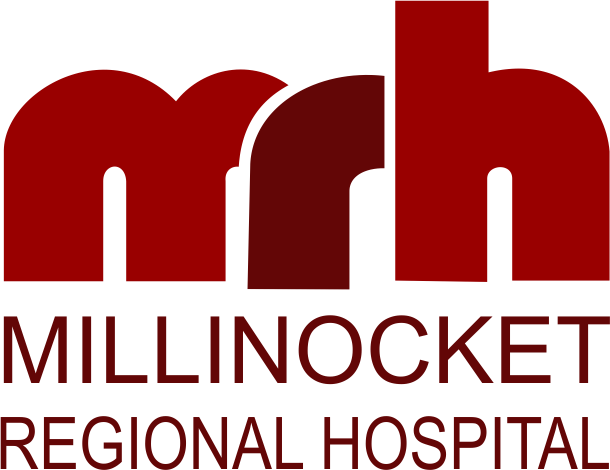Millinocket Regional Hospital is a not for profit, 501(c)3 healthcare organization. The hospital corporation was founded in 1952 and the current hospital location was opened in 1955 as the Millinocket Community Hospital. The facility was again expanded in the mid-1970’s and mid-1990’s to meet community needs. A name change to the Millinocket Regional Hospital was made by the Board of Directors to better reflect our regional service area.
MRH is governed by a 17 member Board of Directors comprised of citizens of the service areas we serve. A listing of Board members can be found here. As the stewards of the community interest, the Board meets ten times per year to oversee the implementation of the strategic plans of the organization.
In 2002, MRH became a Critical Access Hospital (CAH). CAH is a special designation under the Medicare program, which affords enhanced reimbursement to facilities in very rural areas. Since becoming a CAH, MRH has employed a large portion of the region’s providers, ensuring access to their needed services. Currently, MRH employs nine physicians and allied health professionals in our various medical and surgical clinics.
MRH primarily services the Katahdin Region of Millinocket, East Millinocket and Medway. Our providers attend outreach clinics in Patten and Lincoln attending to patients in our secondary service areas. MRH offers acute inpatient and outpatient hospital services including 24/7 emergency care, rehabilitative services including a swing bed program as well as outpatient physician services.
MRH has multiple locations including the main hospital campus at 200 Somerset Street, the White Birch Medical Center at 899 Central Street in Millinocket and MRH Walk-In Care located at 87 Main Street in East Millinocket. Multiple office sites are also located adjacent to the main campus.
If you are interested in viewing the results from the most recently performed Community Health Needs Assessment, you can view the report in it’s entirety here: Shared Community Health Needs Assesment 2019.
